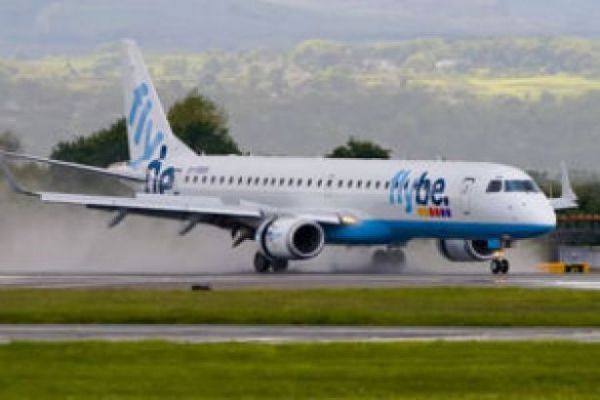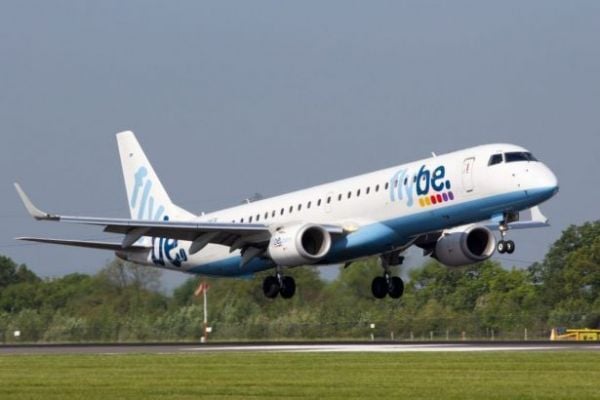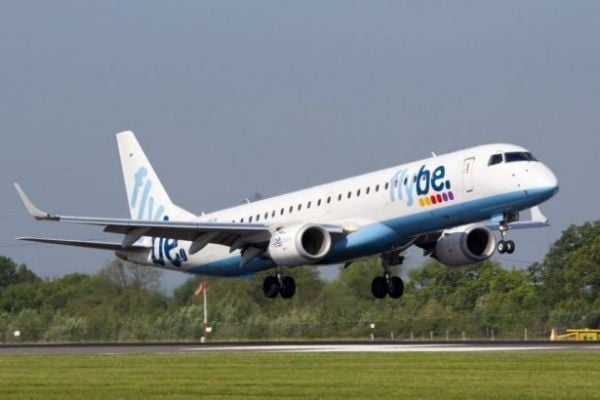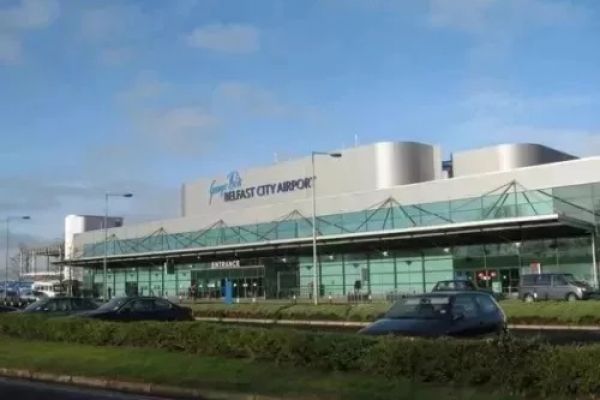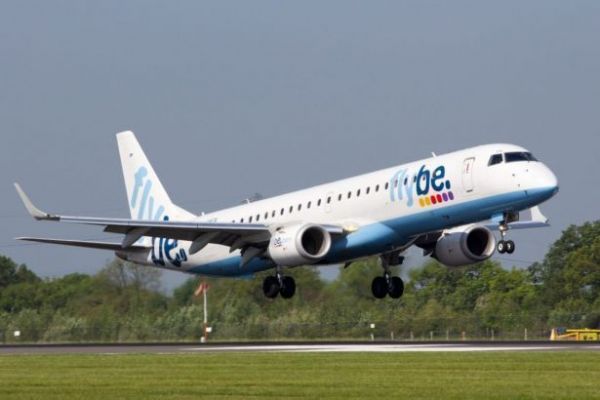Flybe Group is adding flights on key business routes and looking to expand its network outside the UK after spending cuts helped Europe’s largest regional airline return to profit in the fiscal first half.
Pretax profit for the six months ended 30 September was £22.9 million compared with a loss of £3.3 million a year earlier, the Exeter, England-based carrier said Wednesday in a statement. Sales rose 10 per cent to £339.6 million as UK business increased, while operating costs per seat declined 8.9 per cent.
Chief Executive Officer Saad Hammad, a former EasyJet executive, has scrapped unprofitable routes, cut jobs and closed some airport bases to restore earnings. Capacity will grow 13 per cent in the third quarter, with Flybe adding seats in a “very disciplined way” on existing routes serving such destinations as Edinburgh, Paris and Dusseldorf, Germany, the executive said in an interview.
“We continue to scale up in terms of our route network,” Hammad said. Building on its British base, the carrier aims to "start driving that density on UK-to-Europe routes," he said. “That’s the next phase of development, and ultimately we want to scale on a pan-European basis.”
About 70 per cent of Flybe’s flights are UK domestic services, with the remaining 30 percent linking British and mainland European airports. The company is targeting a 50-50 split, Hammad said.
The carrier is also interested in developing more so-called white-tail services, similar to a contract struck last year to fly on behalf of Stockholm-based SAS AB, Hammad said. Such arrangements, under which the contractor uses the client carrier’s branding on its planes, may become more popular as network airlines look for ways to cull unprofitable short-haul routes without losing customers.
“The big airlines are finding it difficult to operate thin routes properly,” as “they’re either withdrawing, moving to bigger aircraft, code-sharing or ultimately not serving these communities,” Hammad said. “We’ve got smaller aircraft and the right cost base, and the right knowledge and capability,” to offer the services at a profit.
News by Bloomberg, edited by Hospitality Ireland
